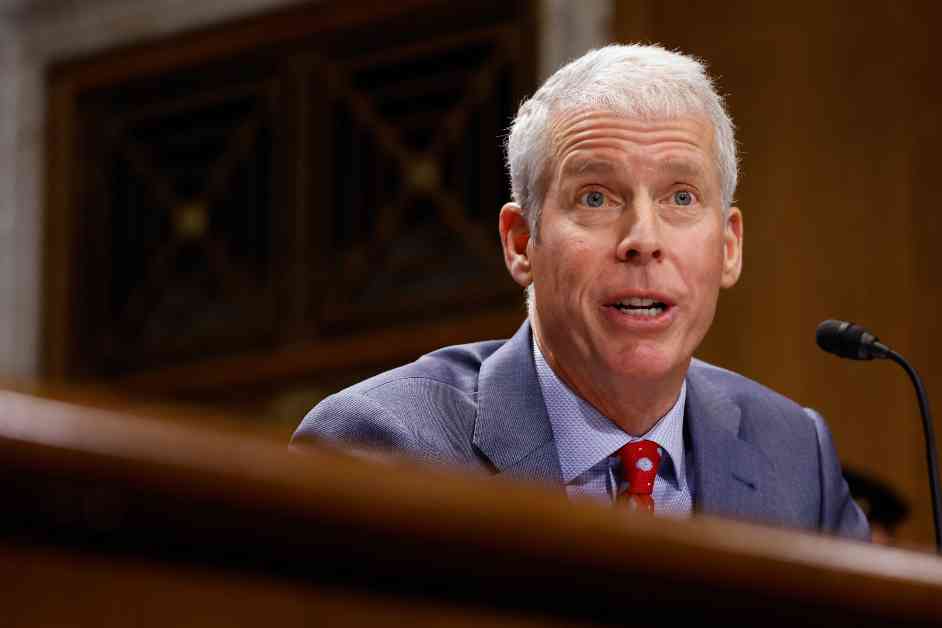In a recent speech, Chris Wright, the newly appointed Secretary of Energy and former fossil fuel executive, shared his views on Germany’s energy transition. Wright, known for his role in hydraulic fracturing and oil and gas production, highlighted Germany’s shift away from fossil fuels and nuclear power as a monumental mistake. His remarks drew attention to the multifaceted nature of the German energy transition, sparking debates about energy policy and lessons learned.
Insights from a Berlin-based Energy Correspondent
To gain further perspective on Wright’s comments, I reached out to Benjamin Wehrmann, a staff correspondent at Clean Energy Wire, a Berlin-based nonprofit reporting on Europe’s energy transition. Wehrmann pointed out that Germany’s transition began over two decades ago, not just 15 years as Wright suggested. He emphasized landmark moments like the 2000 law incentivizing renewable energy projects under Chancellor Gerhard Schröder. Germany has made significant strides, with renewable sources contributing 58% of its electricity last year, double the US share. However, challenges remain, such as higher energy bills for households.
Wehrmann also refuted Wright’s claim about the prevalence of wind turbines in Germany, citing regional disparities in wind power production. While certain areas have clusters of turbines, many regions have little to no wind power infrastructure. Contrary to Wright’s narrative, Germany’s energy grid remains reliable, with minimal disruptions.
Expert Critiques and Insights
Economist Gernot Wagner from Columbia University raised concerns about Wright’s speech, particularly his dismissal of government investments in energy transitions and efficiency gains. Wagner emphasized the importance of government support for economic sectors essential to the future. He also highlighted Germany’s increased energy efficiency over the years, a positive outcome of its transition.
Greg Nemet, a professor at the University of Wisconsin-Madison, offered additional insights into Germany’s energy transition. He noted that rising energy prices in Germany were influenced by geopolitical events like the Russia-Ukraine conflict, leading to increased expenses for natural gas imports. Nemet cautioned against using Germany’s experiences to advocate for fossil fuel reliance, citing inherent risks and environmental costs.
In conclusion, while Germany’s energy transition has faced challenges and successes, it serves as a valuable case study for other nations. The complexities of this transition highlight the need for a balanced approach that considers economic, environmental, and social factors. As the United States navigates its own energy future, lessons from Germany can inform policy decisions and shape a sustainable path forward.














